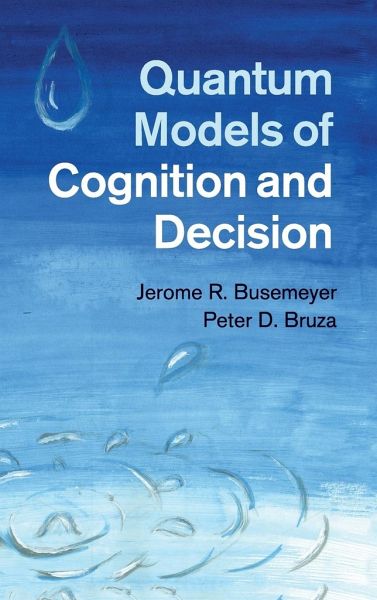Nicht lieferbar

Quantum Models of Cognition and Decision
Introduces principles drawn from quantum theory to present a new framework for modeling human cognition and decision.

Rechnungen
Bestellstatus
Retourenschein
Storno